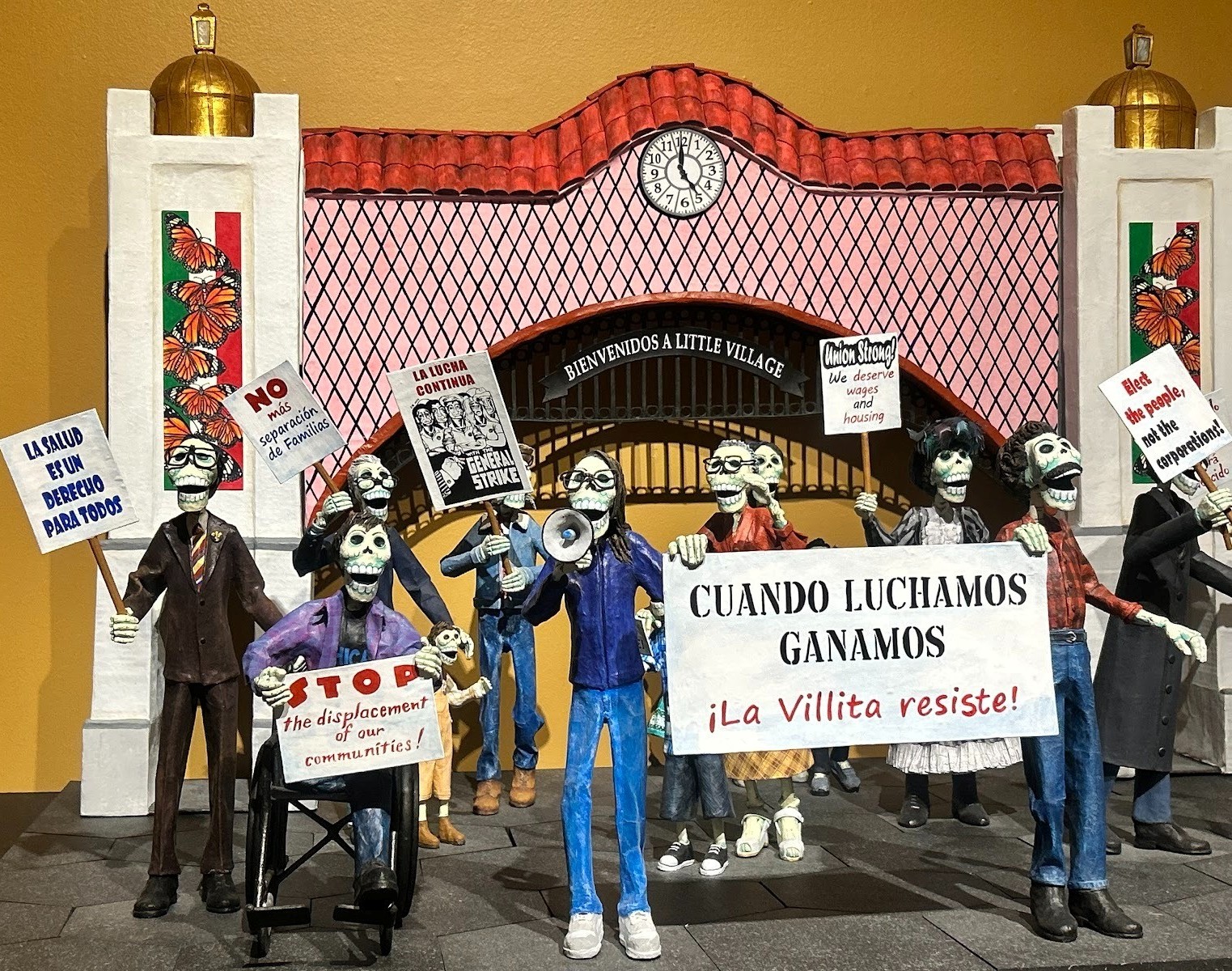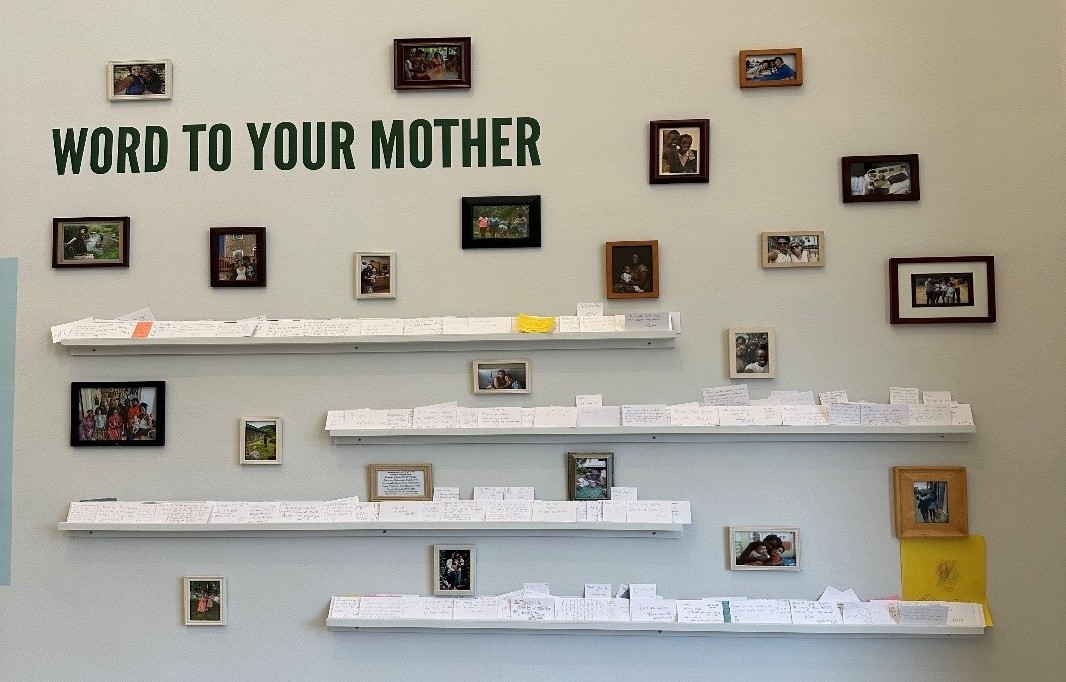Lawyers for the Chicago Police Department filed a motion last week in U.S. District Court that could have a “chilling effect” on the approximately 800 members of a class-action lawsuit, attorneys for the group of protesters say.
Attorneys from the People’s Law Office filed a lawsuit against the police department, accusing officers of falsely arresting and detaining at least 800 individuals March 20, 2003, after a large peace march held the night the Iraq war began. Thousands hit the streets in protest.
Witnesses say police officers initially helped marchers by guiding them onto Lake Shore Drive but later marchers and bystanders were blocked in an area on Chicago Avenue between Michigan Avenue and inner Lake Shore Drive, preventing them from leaving. Hundreds were arrested, including the reporter of this story.
The lawsuit – which was granted class-action status in 2006 – stems from the arrests.
In the latest court proceeding, city attorneys raised the possibility of a counterclaim. The city’s motion would require class members be notified of the counterclaim, which aims to hold class members liable for the costs associated with their detention and arrest.
In an e-mail last week, attorney Janine Hoft of the People’s Law Office said the city invoked a local ordinance that allows for the collection of costs incurred when anyone violates any federal, state or local law.
“They (the city) are trying to say that since people did not have a permit to march, the march violated the law and people should have to pay,” Hoft wrote.
Because the court has not reviewed or ruled on whether the counterclaim may apply to the class, plaintiff’s attorney James Fennerty called the city’s motion “premature.” In addition, he said, no timeline to file notice to class members has been set.
“We believe the counterclaim will chill people from exercising their rights,” said attorney Joey Mogul.
Class certification was granted by Judge Virginia Kendall on April 17, 2006, for an estimated 800 individuals who were detained, arrested and/or charged at the end of the march. Most of those arrested were charged with reckless conduct, but the charges were later dropped.
Stating that it had been “way over a year since class certification,” attorney Richard Sikes of Freeborn & Peters, who is representing the city, argued that clients had a right to due process and mentioned a statute of limitations as reason for including the counterclaim with notice to class members.
“(So) at some point our clients can know what they are facing,” Sikes said. “And plaintiffs can opt out or come here and make a decision.”
The judge asked if attorneys believed the counterclaim would chill individuals from proceeding in the class. Mogul responded, “Yes.”
“Chilling is spurious,” Sikes said. “We can’t give class members notification without all the facts. We have to tell class members what is in the case.”
When attorney Melinda Powers said it was clear that the purpose of the city filing the motion was to cause fear, the judge said there were no facts regarding intimidation before the court so she could not rule on it.
“People are scared,” Powers said. “Maybe the city intended that and maybe they didn’t.”
Attorneys for the protesters say they expect the case to go to trial.
“The city has shown no indication that they are willing to settle,” Powers said.
Editor’s note: The reporter of this story is part of the class-action lawsuit.
Categories:
Justice & Crime Public Social Issues
Tags:
chicago police department false arrest iraq peace march






Be First to Comment